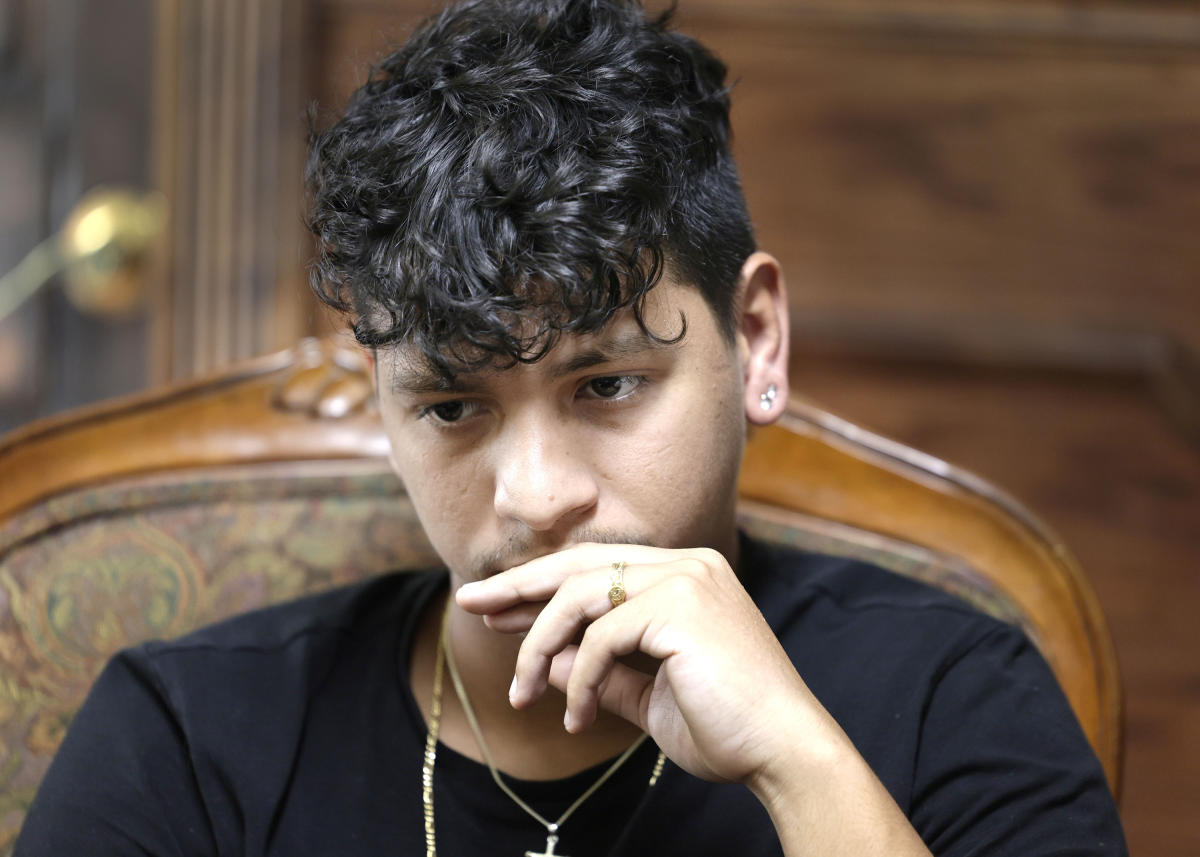FORT LAUDERDALE, Fla. — Anthony Borges now owns Nikolas Cruz’s name, according to his lawyer.
As part of a negotiated civil settlement between the gunman and the teenager who survived multiple gunshot wounds at Marjory Stoneman Douglas High School, Cruz cannot so much as grant an interview without the written consent of a young man he tried to murder on Feb. 14, 2018.
No streaming specials. No newsmagazine exposes or sensational true crime documentaries. No interviews at all unless Borges says it’s okay.
And Borges won’t say it’s okay. Not for a long time, at least.
“He signed over any rights to his name,” said Borges’ lawyer, Alex Arreaza. “The idea now is to shut him out. He will not be the one who decides when or how the story gets told.”
Borges, now 21, remains every bit the soft-spoken, peace-seeking young man who testified against Cruz at his 2022 sentencing trial and in 2023 against former Deputy Scot Peterson, who was accused (and acquitted) of failing to protect children by not confronting the shooter. In an interview Wednesday Borges expressed no interest in leveraging the gunman’s name for his own benefit.
He also expressed no desire for revenge. “I’m not with that mentality,” he said.
Cruz murdered 17 people at the Parkland high school and physically wounded 17 more on Feb. 14, 2018. The psychological toll was even greater, and lawsuits were filed by more than 50 plaintiffs representing victims, their families and physically uninjured survivors against the Broward Sheriff’s Office, the Broward School District, Cruz and several individuals who were in a position to reduce harm that day but did not.
As negotiations continued with multiple defendants, a schism developed between Borges and the other plaintiffs, who felt survivors should get less financial compensation than the families of those who lost their lives. Borges, who was shot in the lungs, abdomen and legs, will require a lifetime of medical and psychological treatment.
In 2021, a few days after the bulk of the families settled with the school district, Borges announced his own settlement for significantly more than he would have received had he remained with the group, Arreaza said.
None of the other families appear to have made an effort to settle with Cruz himself. Arreaza arranged a Zoom meeting with the shooter earlier this month and talked him into giving Borges the rights to his name.
Borges did not attend the meeting, but his father, Royer Borges, 46, did.
“I have mixed feelings when I see his face,” he said. “I don’t feel rage. I remind myself that you have to know and understand his story. But I also thought, after what he took from my son, whatever he owns in this world, we should take it from him.”
The agreement means Cruz cannot enter into any agreement with documentary film producers or book authors without Borges’ permission. According to Arreaza, it extends to all interviews with news organizations as well, and he’s willing to fight it in court if necessary. But the real objective, Arreaza said, was to take power and control from Cruz, not legitimate news operations.
“The idea is to keep him from being able to inflict further torture on his victims from jail,” he said.
Arreaza said Wednesday that he got Cruz to make a second concession. “When he dies, he will donate his brain to science so it can be studied,” the lawyer said. “What turns a person into Nikolas Cruz? Was it something that we can learn by studying his brain?”
Cruz, who is serving 34 consecutive life sentences, is somewhere in the Florida State Prison system. For his protection, his exact location is not being disclosed by the state under a rarely used exemption in the Florida public records law.
——-
